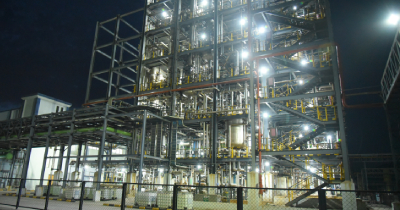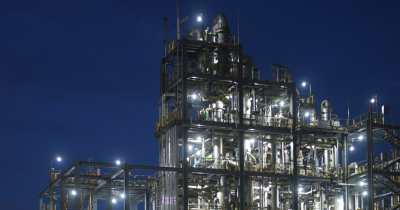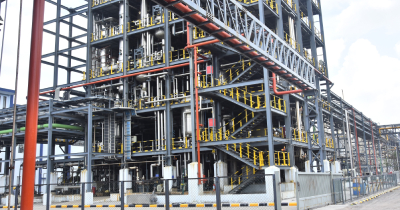


MCA is used as an essential raw material for a variety of products, such as adhesives, pharmaceuticals and crop protection chemicals.
Nouryon and Atul successfully started production at Anaven, a new joint venture in Gujarat, that will help meet the rapidly growing demand in India’s agricultural, personal care and pharmaceutical markets.
Anaven is India’s largest monochloroacetic acid (MCA) production site, with a current capacity of 32,000 tons of MCA per year, with the possibility of a rapid expansion of up to 60,000 tons per year.
MCA is used as an essential raw material for a variety of products, such as adhesives, pharmaceuticals and crop protection chemicals. Atul consumes a portion of the MCA directly in its own production of crop protection chemicals.
Rob Vancko, Vice President of Construction at Nouryon and Chairman of Anaven said, “Through this partnership with Atul, we can leverage Nouryon’s global leadership in MCA in order to meet the fast-growing demand from customers across multiple markets in India, while also continuing to drive innovation and sustainability in the region.”
The Anaven plant is also the only zero-liquid discharge MCA production site in the world, meaning that zero wastewater exits the plant – a critical factor in India where water is scarce. The plant is also highly focused on continuous safety and was constructed with zero injuries.
Sunil Lalbhai, Chairman and Managing Director, Atul said, “Thanks to our partnership, we can apply Nouryon’s state-of-the-art technology in the new plant while creating forward and backward integration with our bulk and agri-chemicals businesses. The Anaven plant will ensure a reliable supply of a key raw material for the Indian market, giving a growing number of farmers, doctors and households better access to daily essentials.”
Sobers Sethi, Senior Vice President – Emerging Markets, Nouryon said, “This investment and partnership with Atul underscores Nouryon’s growth ambitions in targeted end-markets, such as agriculture, cleaning and personal care, particularly in the emerging markets of Asia. Securing the supply of this essential ingredient is even more important in times when global supply chains are under pressure due to COVID-19.”



